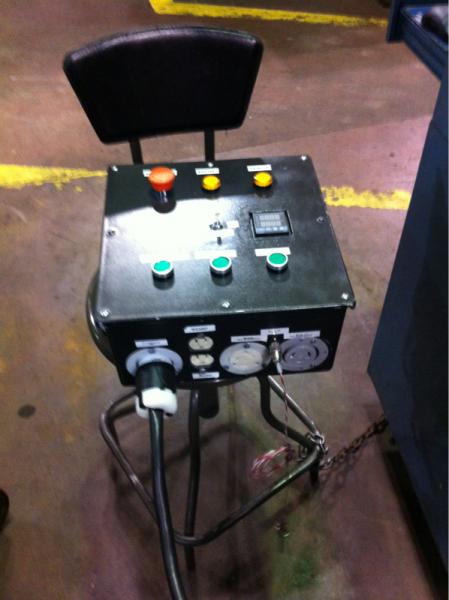SavageBrewer
Well-Known Member
- Joined
- Jun 20, 2012
- Messages
- 56
- Reaction score
- 7
I asked this question before in a reply but did not get an exact answer. I am building a control panel that will run on 240/120 volts at 30 amps max. Really the load draws closer to 20 amps. I have about 100 feet of 10 gauge automotive wire. First, can this wire be used inside the control panel? Second, what is the difference between automotive wire and household wire, other than the thickness of the strands? I am calling on all those electrical gurus to help me with this one please.




